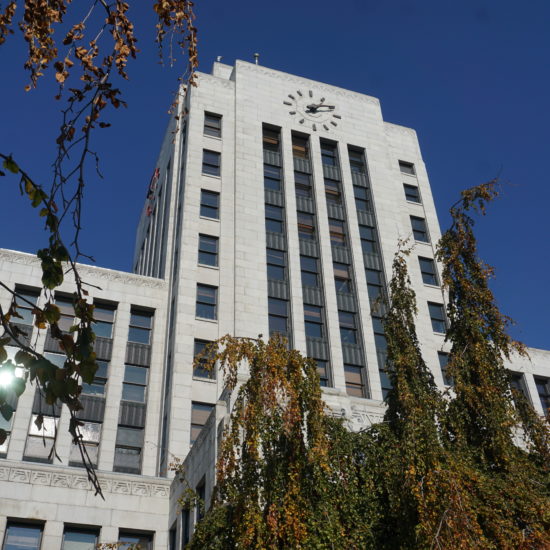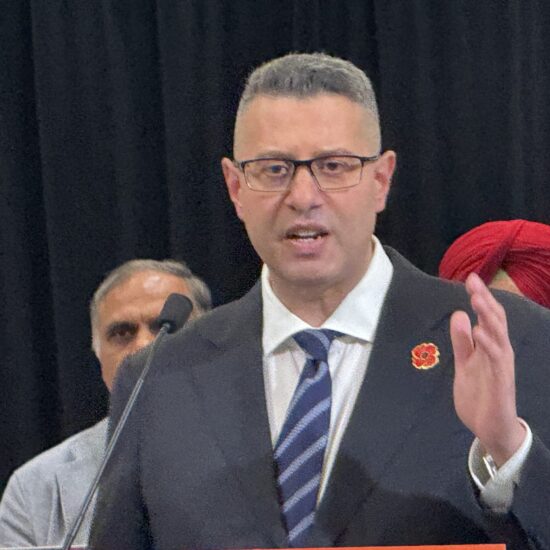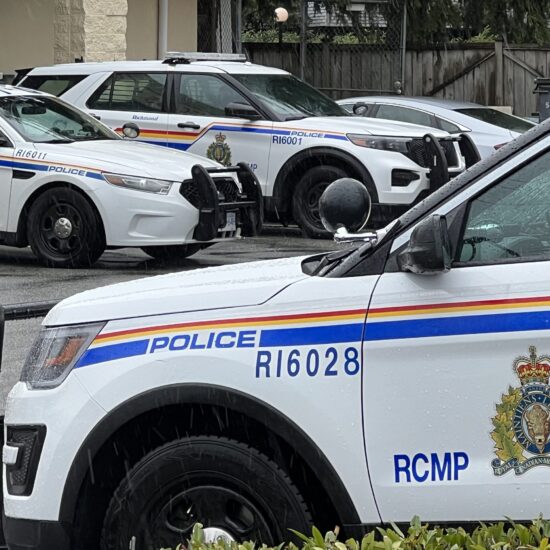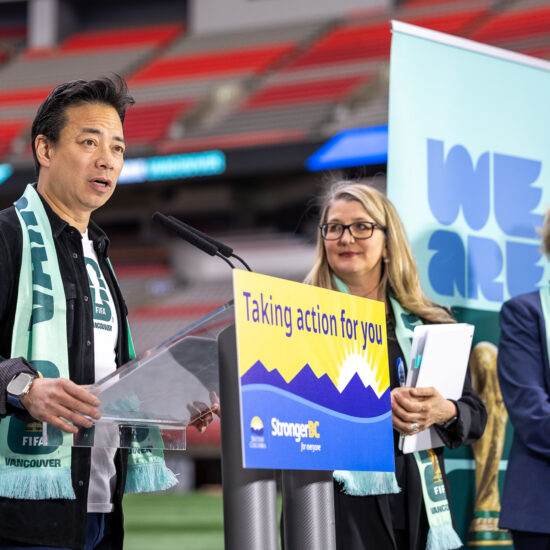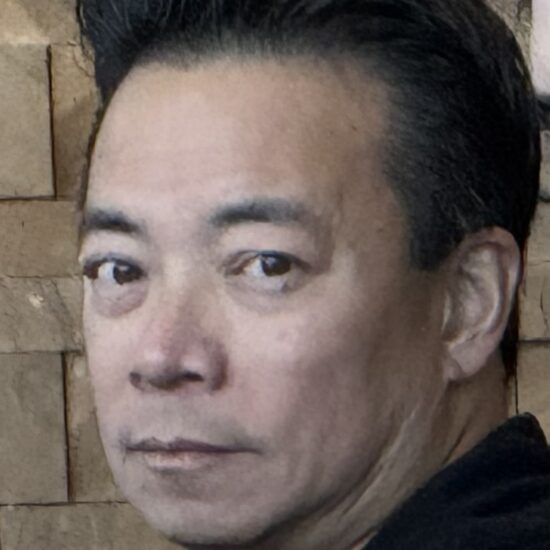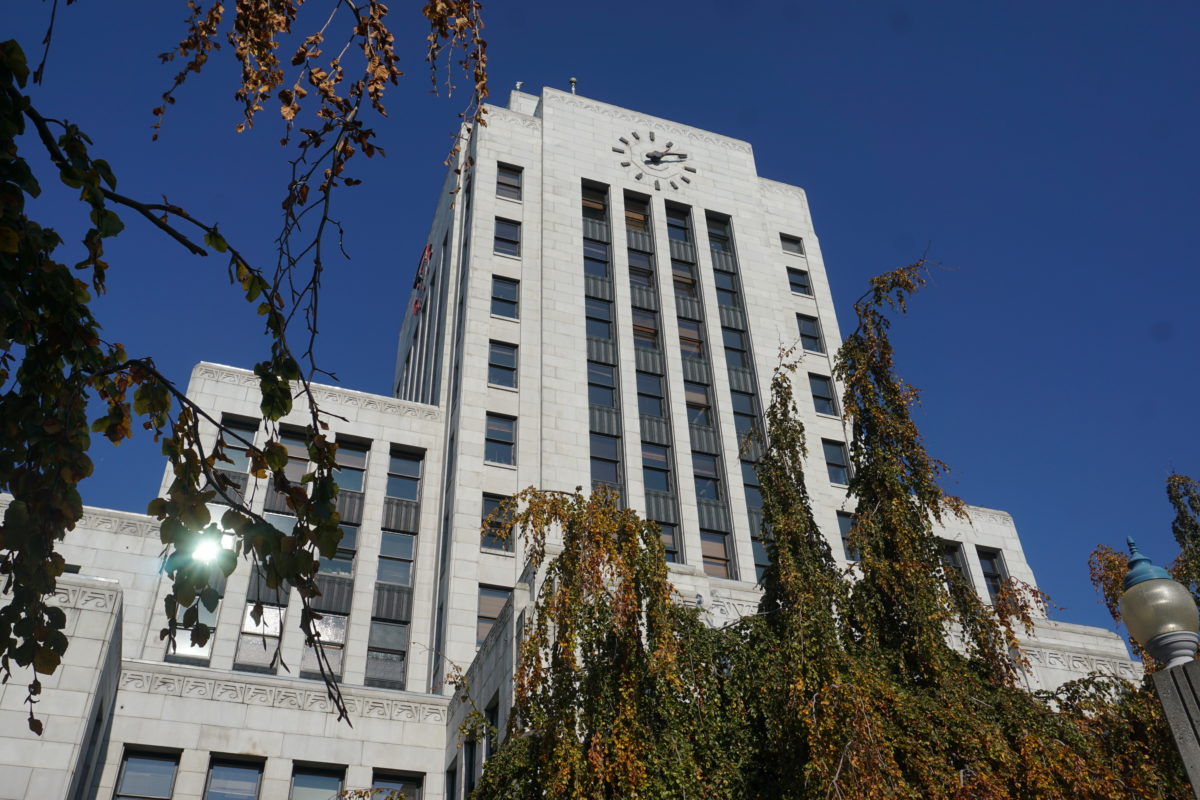
Bob Mackin
The Vancouver city hall bureaucrat that oversees 30 boards, commissions, committees and panels wants the volunteer appointees to attend a diversity, equity and inclusion (DEI) training session next week.
An April 2 email from Kevin Burris, manager of civic agencies in the city clerk’s office, promoted registration for April 8 in-person and April 10 webconference sessions. Participation is not mandatory, but a meal will be served at the in-person session.
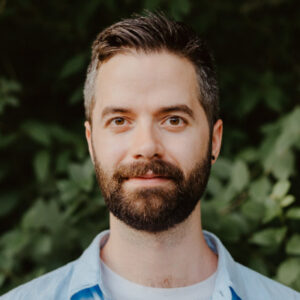
Kevin Burris (LinkedIn)
In the email, viewed by theBreaker.news, Burris listed five main “expected learning outcomes”:
- Understanding of terms such as privilege, systemic oppression, prejudice, discrimination, social identity, and racism;
- Ability to see one’s own social identity and how this impacts the Civic Agency space
- Basic understanding of having difficult conversations: safe vs. brave spaces; consent and agency; triggers; self-soothing; self-care; community and systemic care;
- Confidence to work productively with conflict and repair;
- Ability to recognize and intervene when microaggressions occur.
The sessions are a followup to four videos, totalling an hour, that the city developed in collaboration with LightWork, a contractor Burris described as “a workers’ co-op focused on fostering justice and belonging through safer, inclusive, and more diverse work environments.”
LightWork’s website says it began offering research and data, workshops and organizational change services in 2020, after the murder of George Floyd.
Burris did not respond for comment about the budget for the program. Tessa Smith, a senior communications specialist in the city hall communications department, told a reporter to “submit a [freedom of information] request for this type of inquiry.”
Smith said advisory board members are required to complete a minimum four hours of compulsory education on key topics of conflicts of interest, code of conduct and communications.
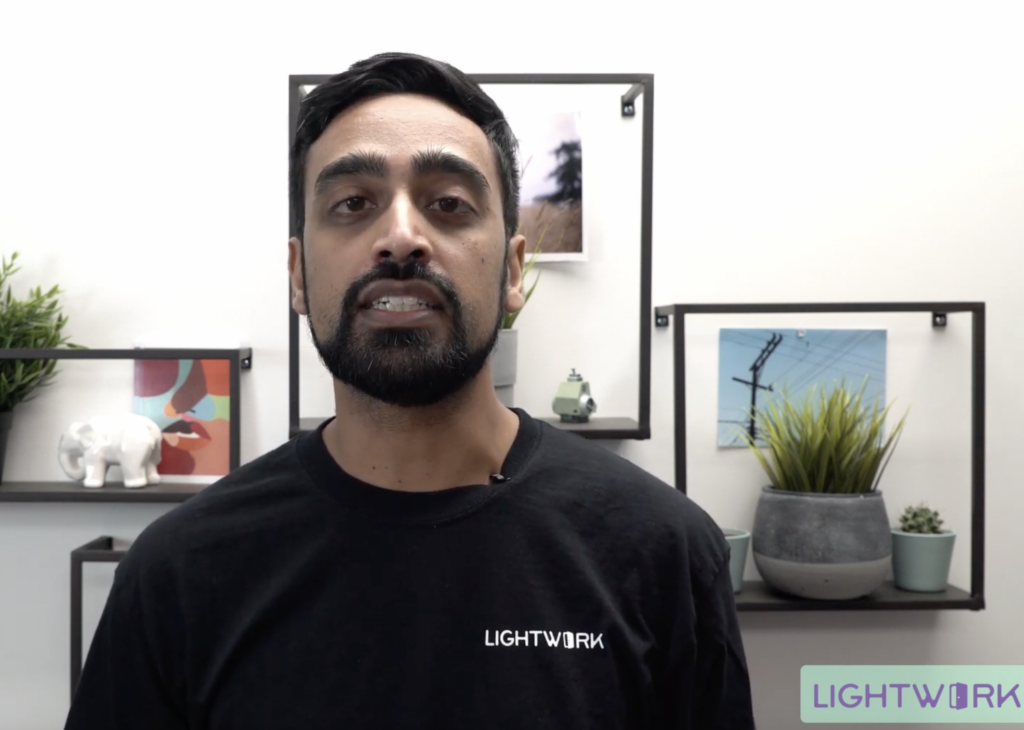
Aslam Bulbulia (LightWork:City of Vancouver)
“Viewing of the anti-oppression education videos is included within this compulsory education package,” Smith said. “Additional training sessions on anti-oppression are not compulsory for advisory board members to attend, they are optional follow-up training that build on the learning from the videos.”
The four videos were posted on a hidden City of Vancouver YouTube page, but Burris included links in his Feb. 29 invitation. The videos were produced when Aftab Erfan was the city’s chief equity officer; she left last September to become the Wosk Centre for Dialogue’s executive director. Erfan appears briefly in one of the videos, to explain the equity department exists for justice, compliance with inclusivity laws and effectiveness.
The videos are hosted by Aslam Bulbulia, a soft-spoken, Simon Fraser University-certified civic engagement specialist who holds degrees in development planning and political studies from the University of the Witwatersrand in South Africa. In March, Bulbulia joined City of Vancouver as the “workplace restoration consultant.” The new job came after more than two years as principal of Shura Consulting and Engagement and a year as Vancouver Coastal Health’s conflict intervention and resolution team leader.
The video titled “Setting the Container” acts as an introduction. Topics in the second video, “Developing Shared Language,” include colonialism, equity versus equality, privilege, intersectionality and white supremacy.
“White supremacist characteristics are the underpinning assumptions that lay at the foundation of all of our colonial institutions, including education, health, politics, economics and more,” Bulbulia said in the video, which is viewable below.
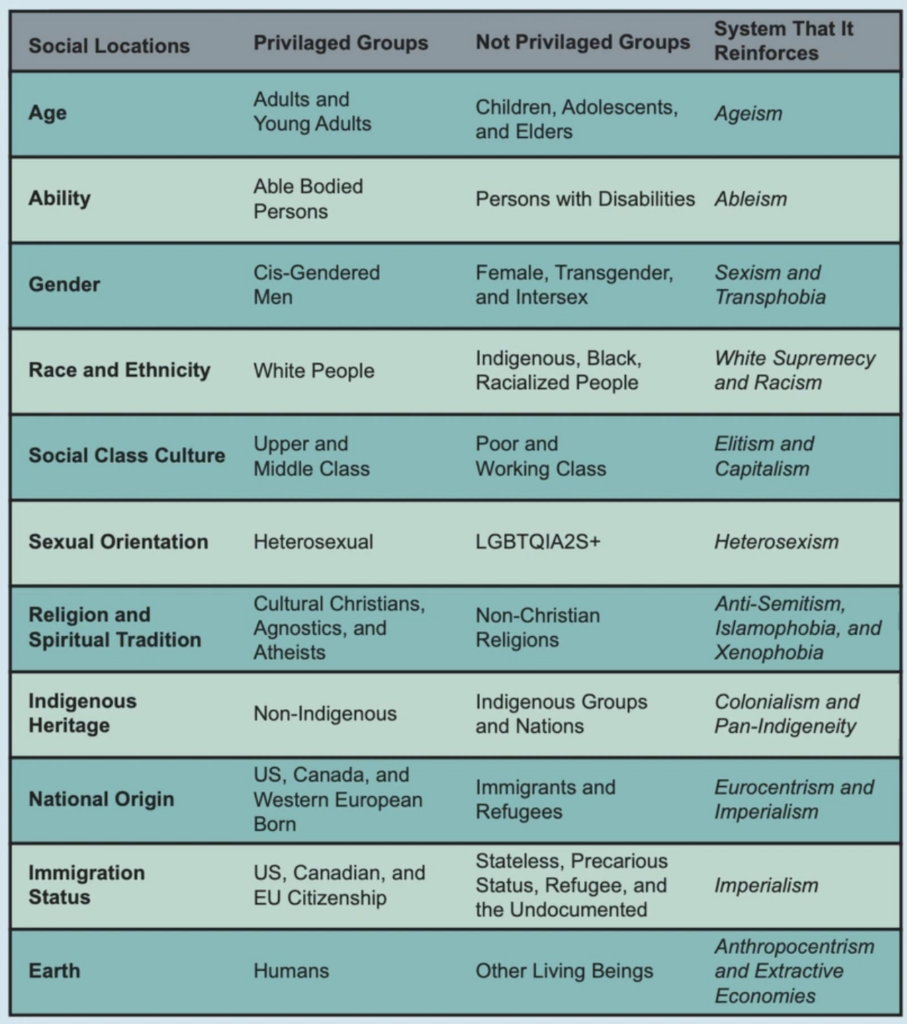
North American Identity Chart (LightWork:City of Vancouver)
White supremacy, he said, “assumes that the standard human is a white cis hetero middle class able-bodied man who lives within a traditional nuclear family.” He called microaggressions a vocal and visual representation of supremacy and said that someone refusing to refer to another by their “correct pronouns” would cross the line from microaggression to harassment.
The third video, “Finding Our Place,” explores “identity and power,” including the system of patriarchy, which Bulbulia said also hurts men. “And these systems have an even harsher and more pervasive impact on non-men males,” he said.
“Those who identify as male are socialized to assume certain privileges, and it prescribes certain behaviours on those who identify as female, intersex or non binary. Males are more likely to be portrayed in leadership positions as heroes and breadwinners, and those whose needs are constantly prioritized.”
According to Bulbulia, an example of patriarchy is the use of male crash test dummies to design safety features in cars.
The pitfalls of DEI training gained international media attention in July 2023.
Two months before dying by suicide, former principal Richard Bilkszto sued the Toronto District School Board. Bilkszto claimed suffering from harassment and depression after he had been wrongly accused of racism during one of consultant Kike Ojo-Thompson’s 2021 anti-racism training sessions.
The school board contracted Ojo-Thompson’s company, KOJO Institute, for $81,000 to run the sessions. The Workplace Safety and Insurance Board ruled that Ojo-Thompson’s treatment of Bilkszto amounted to workplace harassment and bullying.
Support theBreaker.news for as low as $2 a month on Patreon. Find out how. Click here.






